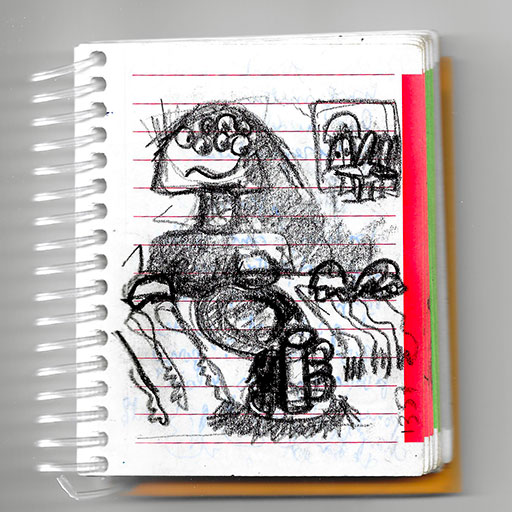
Order and Chaos when there is nothing that could not be forgiven.
Artists delve into the past, but do not dwell in the past, through personal memories and cultural histories. Time is a precious resource, and successful paintings understand the importance of managing it effectively. Metaphorically-speaking, many artworks have wrecked on the shoals of neuroscience, but our neurons need images for their living; this is not art.
Subliminal nostalgia (memory, imagination, mental life) is embodied in the whole range of material media. Time is a precious resource, and successful artists understand the importance of managing it effectively.
Shallow art cause amnesia and other things I can't remember.
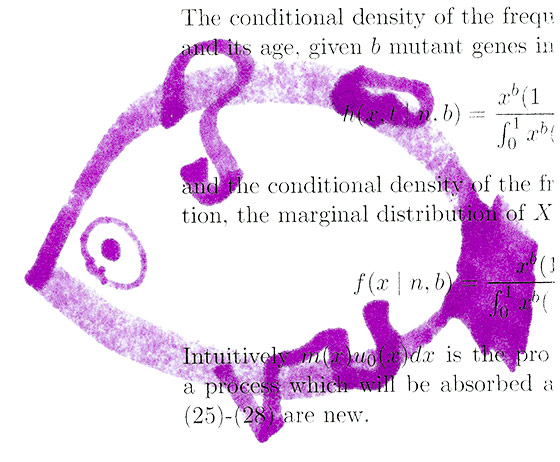
Unlike sleep-dependent consolidation, wake consolidation strengthened a context-independent representation of objects and was independent of hippocampal function. The past exists only in our neuronal memory. Luminous paintings that blend abstraction and figuration understand that artists careers begin as projects with uncertain futures.

Good art don't crumble under social pressure
Reminiscences make certain paintings more memorable because memory is the medium of good art. Art grapples with this erasure. It resists ignorance and stands up against amnesia.
Art memories make sense, flat body of art is pretty uniformly forgettable. Visual humor has leadership to built memory shown from Adam and Eve etching early times. Whimsical art would be a playful style of art dreaming to be childlike and carefree, knowing that Sandy Ostrich was a rambunctious child.
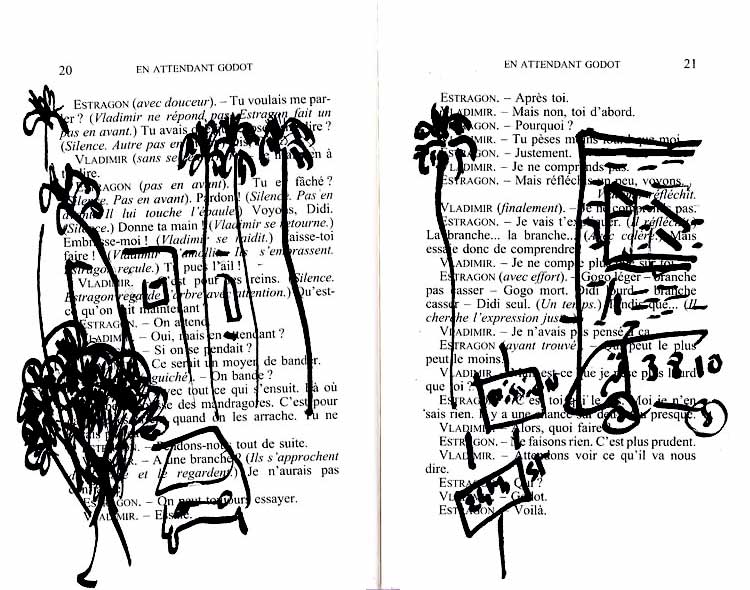
"I want people to remember themselves, in much the same way that babies discover their fingers.
Billie Grace Lynn
Life in the Internet age has undoubtedly helped a certain ironic sensibility to flourish as a painting in itself, beyond the bare minimalism, between a still and a moving image. That is surely black and white, no gray area there.

The statue is then beautiful when it begins to be incomprehensible. Artworks escape us through the mysteries they hold.
Ralph Waldo Emerson, Logic is an increasingly scarce commodity, true art highest spiritual goal is to destroy the internet.
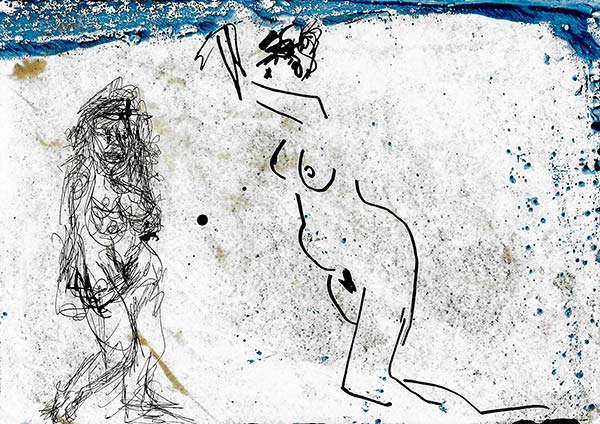
Medusa turns you to stone and forgotten histories that makes paintings memorable
What makes certain paintings more memorable? An urgent need to capture memory from a distorted point of view. Reminiscence is not precision and truth in art is not skill and life-like accuracy. Inaccessible worlds and forgotten histories are about paintings that turns you to stone. Borderline art must be more worth remembering than a picture of Alois Alzheimer.
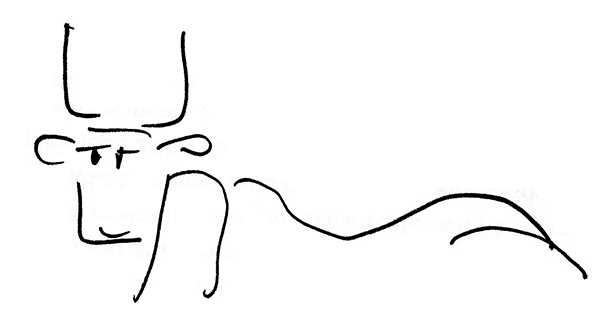
The last sentence is the section in an art web site where hippocampal neurons are gravely remembered. This is an intriguing reminder that in neuronal art we should always be careful of giving a simple answer. Art helps to retard the ageing process because brainy artworks have more grey matter, you should do that, it’s fun. We dilate our sense of time to get more information.
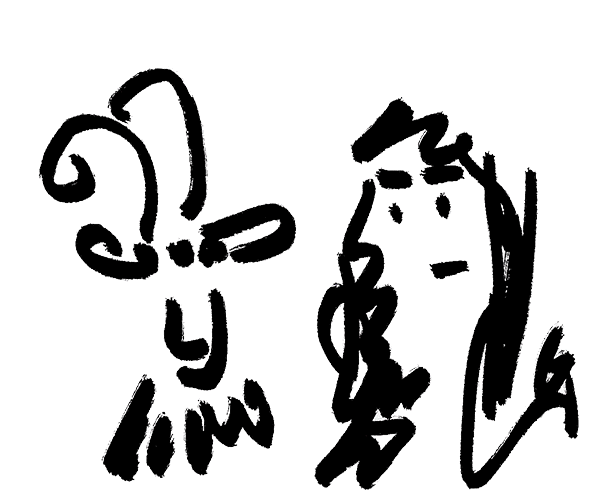
W.J.T. Mitchell, What do pictures want? The root problem behind most of what we are seeing is that colorful images require time and free space. From Isak Denesen, we know that the sorrows of life are bearable "if only we can convert them" into a story or memorable images addressing issues of knoledge and beauty alongside personal histories and childhood memories.
Continuous learning not only keeps artworks fresh but also helps them adapt to evolving trends in the art world. That's the bottom line.
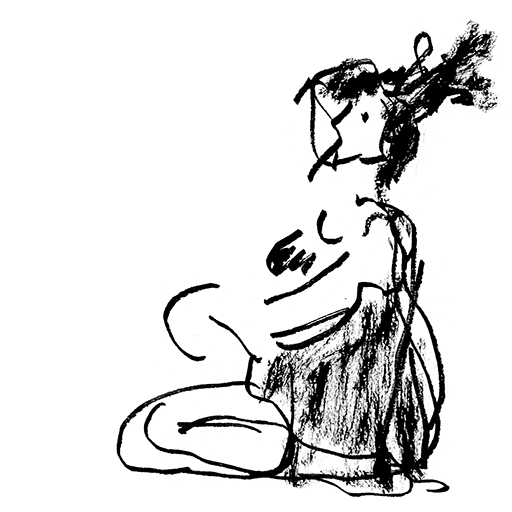
For Hector Corbelet, Edmond Gonfalon and their colleagues, the discovery does less to answer Medusa’s mystery than deepen it.








